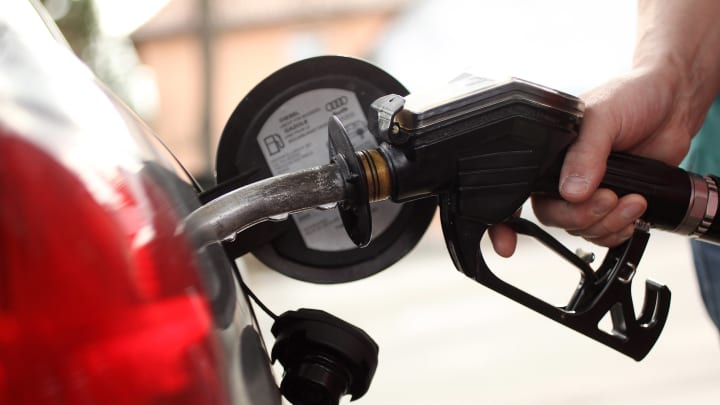What Is the Difference Between Regular Gas and Diesel?

Understanding the differences between regular gasoline and diesel fuel is essential for making informed decisions about vehicle purchase, maintenance, and fueling. Both fuels are derived from crude oil, but they have distinct properties, uses, and impacts on engine performance. This essay explores the key differences between regular gas and diesel, their advantages and disadvantages, and the considerations for choosing between the two.
Regular gasoline and diesel fuel differ primarily in their chemical composition and the type of engines they power. Gasoline is a lighter, more volatile fuel that evaporates quickly and ignites easily at lower temperatures. It is used in spark-ignition engines, where a spark plug ignites the air-fuel mixture. Diesel fuel, on the other hand, is denser and has a higher energy content. It is used in compression-ignition engines, where the air is compressed to a high pressure, causing the temperature to rise and ignite the fuel without a spark plug.
One of the main advantages of diesel fuel is its higher energy density. Diesel engines are more efficient than gasoline engines because they extract more energy from each gallon of fuel. This results in better fuel economy and longer driving ranges for diesel-powered vehicles. Additionally, diesel engines typically produce more torque, making them ideal for heavy-duty applications such as trucks, buses, and construction equipment.
Diesel engines also have a longer lifespan and are more durable than gasoline engines. They are built to withstand higher compression ratios and the associated stresses, leading to greater longevity and reliability. This durability makes diesel engines a popular choice for commercial and industrial use, where vehicles are subjected to rigorous conditions and extended operation.
However, diesel fuel and engines also have some disadvantages. Diesel fuel is generally more expensive than gasoline, partly due to higher production costs and taxes. Diesel engines can be noisier and produce more vibrations than gasoline engines, leading to a less smooth and quiet driving experience. Additionally, diesel engines can emit higher levels of nitrogen oxides (NOx) and particulate matter, contributing to air pollution and health issues. To mitigate these emissions, modern diesel engines are equipped with advanced technologies such as particulate filters and selective catalytic reduction (SCR) systems.